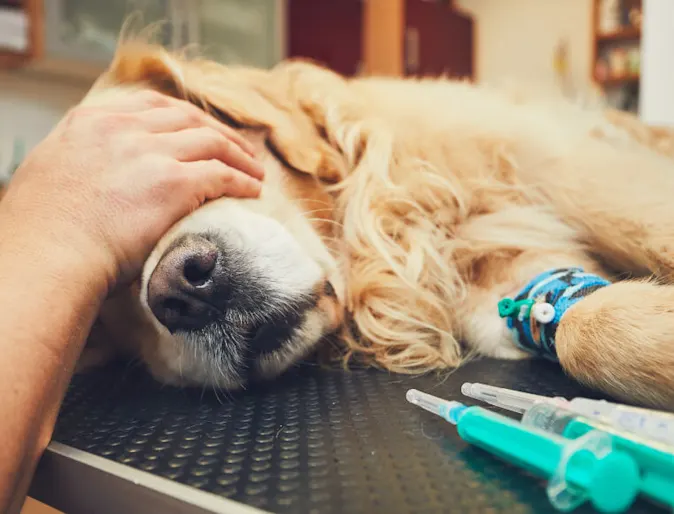Central Toronto Veterinary Referral Clinic

Blog
Category:
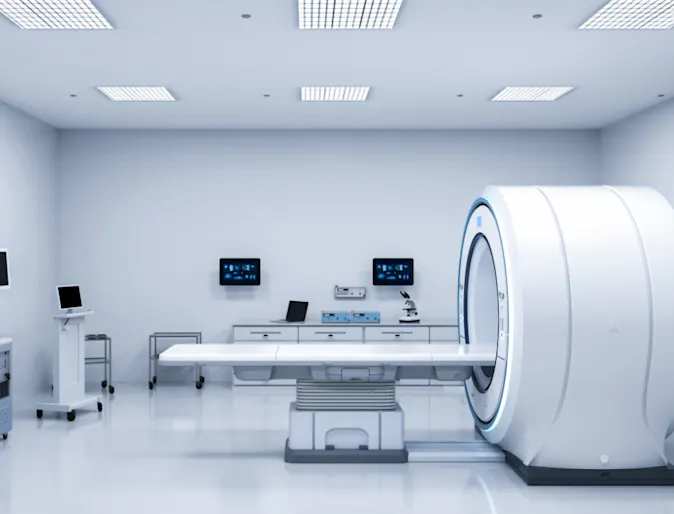
CT Scans in Emergency Veterinary Medicine: When Are They Used and Why?
General
When your pet is sick or injured and needs emergency care, decisions often must be made quickly.
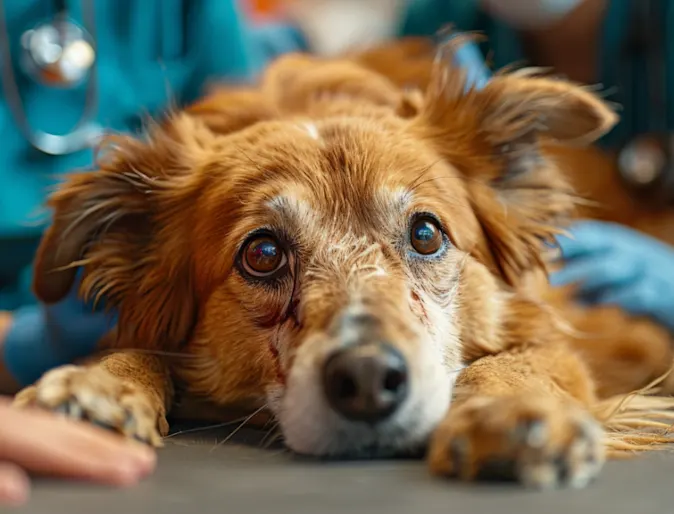
Sudden Illness & Urgent Decision‑Making in the Veterinary ER
Pet Emergencies
Few moments are as frightening as when a pet who seemed fine hours ago suddenly becomes critically ill. One minute you’re planning your evening; the next, you’re rushing through the doors of an emergency veterinary hospital.
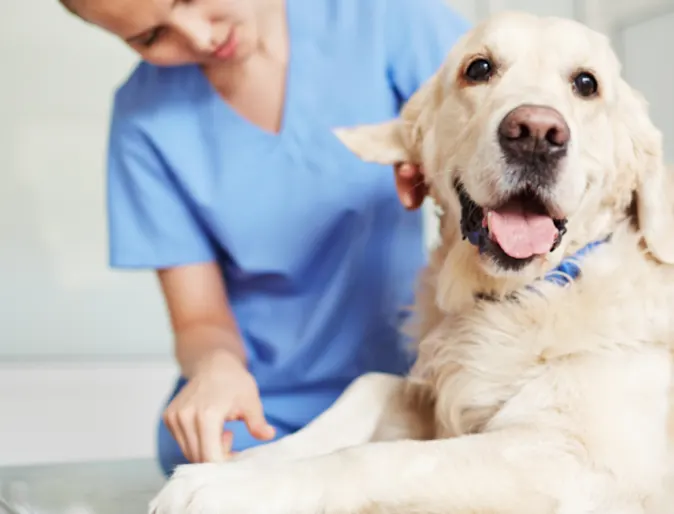
What Is a Veterinary Internal Medicine Specialist — and When Does Your Pet Need One?
Veterinary Services
If your pet has a complicated or long-term health issue that is beyond routine care, your veterinarian may recommend seeing a veterinary internal medicine specialist. But what exactly does that mean? And what makes these specialists different from your regular veterinarian?

How to Safely Stabilize and Transport Your Pet to the ER
Pet Safety
When your pet has a medical emergency, every minute feels overwhelming. One of the most important things you can do is get them safely to the veterinary emergency hospital. Before rushing out the door, a few simple steps can help stabilize your pet, reduce stress, and make transport safer.
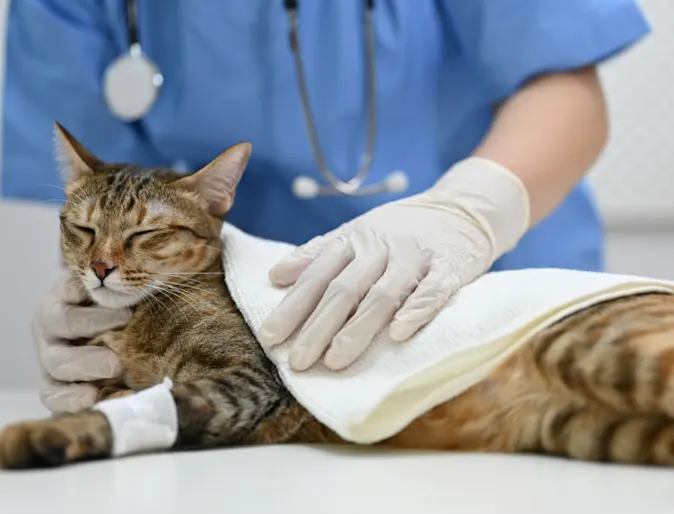
What to Expect When Visiting the Veterinary ER
For Pet Owners
No one plans for an emergency with their pet. Illnesses and injuries can appear suddenly and often outside of regular clinic hours, leaving you with the stressful decision to head to the veterinary emergency room (ER).

Blocked Cats: A Life-Threatening Emergency Every Cat Owner Should Know About
Cats
If you’re a cat owner, there’s a potentially life-threatening condition that you need to be aware of—especially if your feline friend is male.
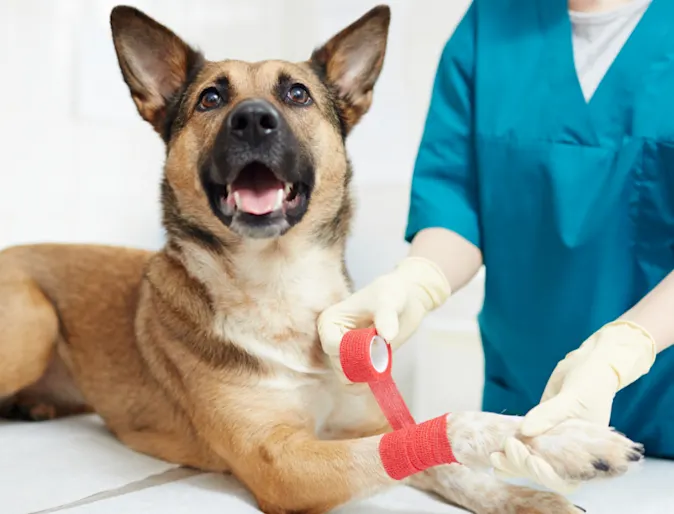
How Vets Treat Heat Stroke in Dogs: What to Expect in the ER
Veterinary Services
If your dog ever experiences heat stroke, getting them to a veterinary emergency clinic immediately can be life-saving. While it’s terrifying to see your dog in distress, knowing what to expect in the ER can help you stay calm and understand the treatment process.

Heat Stroke in Dogs: What Every Pet Owner Needs to Know
For Pet Owners
As temperatures rise, so does the risk of heat stroke in dogs. Unlike humans, dogs can’t cool themselves down efficiently—they don’t sweat the way we do and rely mostly on panting.

What to Expect at the Veterinary Emergency – Chocolate Ingestion Edition
Health Tips
It happened so fast. One moment, Dixie—my three-year-old Labrador Retriever—was begging for attention, and the next, I walked into a disaster zone in the kitchen. Chocolate wrappers and broken boxes were scattered across the floor. In the middle of it all sat Dixie, mid-munch, licking the last traces from a box of dark chocolate squares—Purdy’s, in the signature purple box.
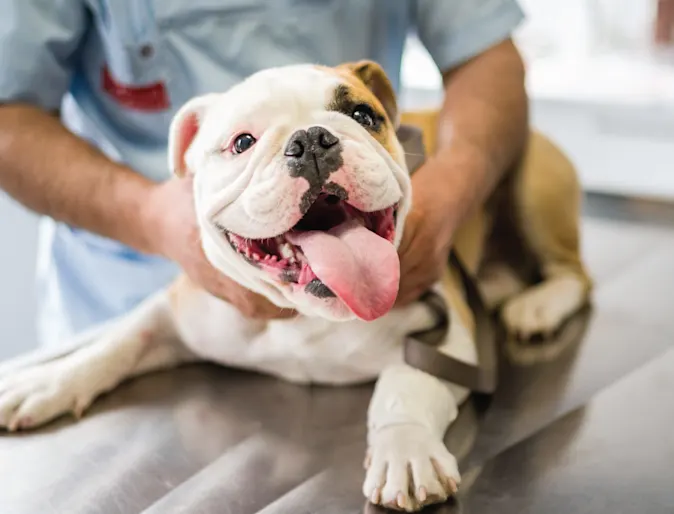
Understanding Brachycephalic Obstructive Airway Syndrome: What Pet Owners Need to Know
Internal Medicine Update
If you own a snub-nosed breed, you’ve probably noticed their distinctive “snorty” breathing. While it might seem cute or even normal for these breeds, in some cases, it can point to a serious and potentially life-threatening condition known as Brachycephalic Airway Syndrome (BOAS).

How to Survive Your First Year as a Veterinary Technician: 5 Rules to Stay Focused and Confident
Health Tips
As April draws to a close, the world outside is coming to life—trees are budding, the air carries a hint of sweetness, and birds are singing their spring songs. You, too, may feel like you’re starting fresh. In many ways, you are. Just like the season, you’re blooming in your new role. But let’s not forget—everyone starts somewhere, and right now, you’re the baby tech.

Pimobendan Use in Acquired Heart Disease of Dogs and Cats
Cardiology Update
Pimobendan is one of the most prescribed cardiac medications for canine and feline patients. It is a calcium-sensitizing agent and phosphodiesterase 3 inhibitor, resulting in improved contractility (inotropy), vasodilation, as well as greater heart muscle relaxation (lusitropy).

Canine Hypothyroidism: Screening Tests and Diagnosis
Internal Medicine Update
Canine hypothyroidism is a common disease and easy to treat, yet the diagnosis can be confusing, often difficult and definitely frustrating for both the veterinarian and client. But it doesn’t have to be!
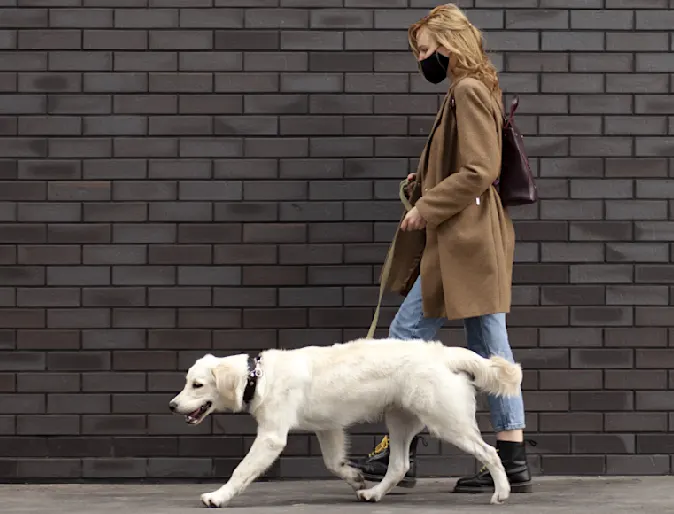
Laser Lithotripsy in Dogs: Minimally Invasive Therapy for Canine Urinary Stones
Internal Medicine Update
Did you know that not all urinary bladder stones have to be surgically removed?
